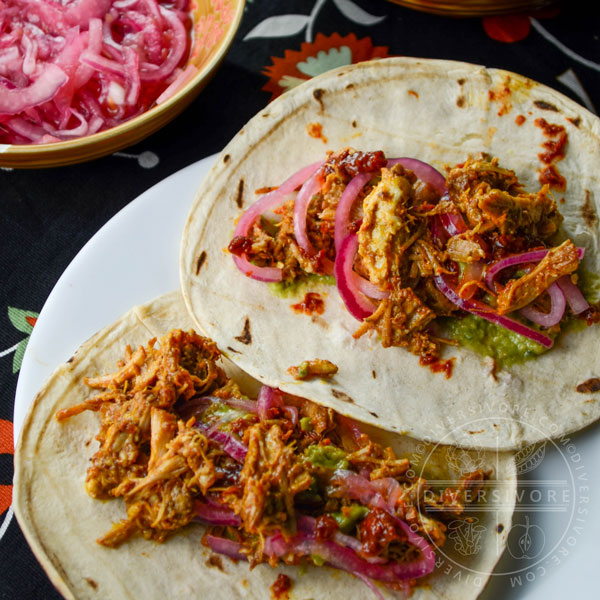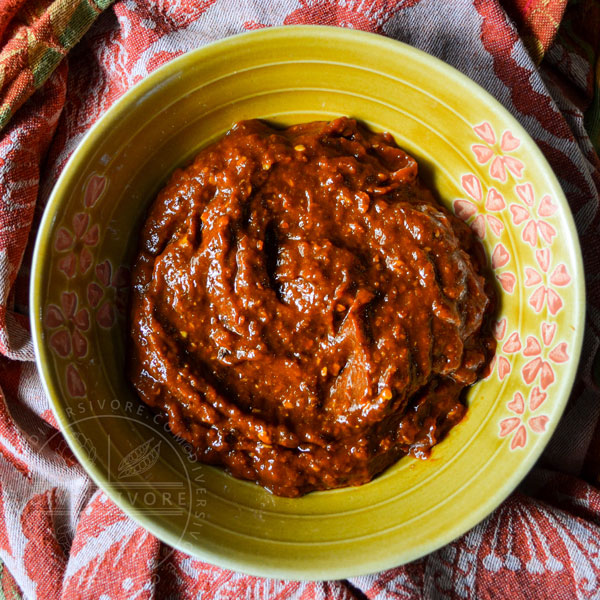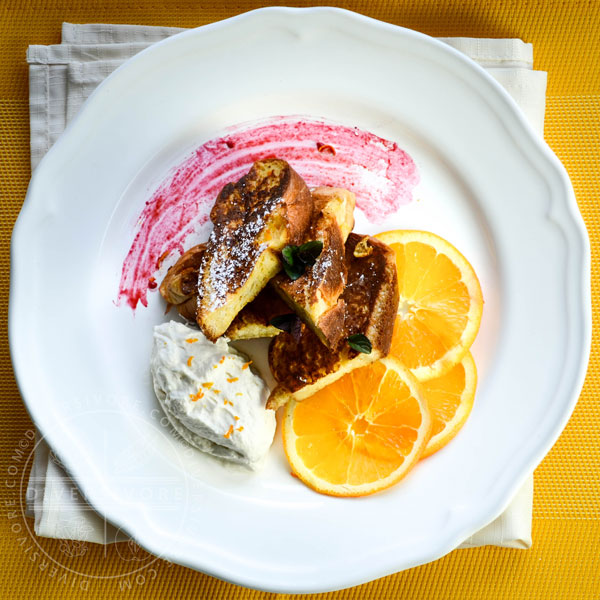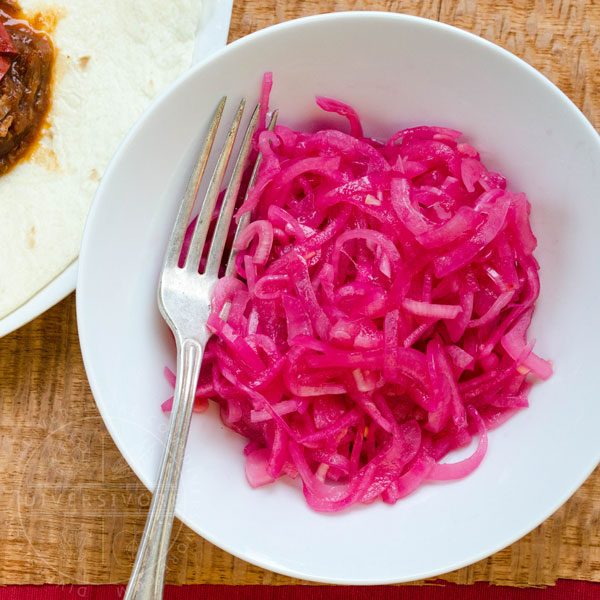How to Find, Choose, & Use
Seville Orange
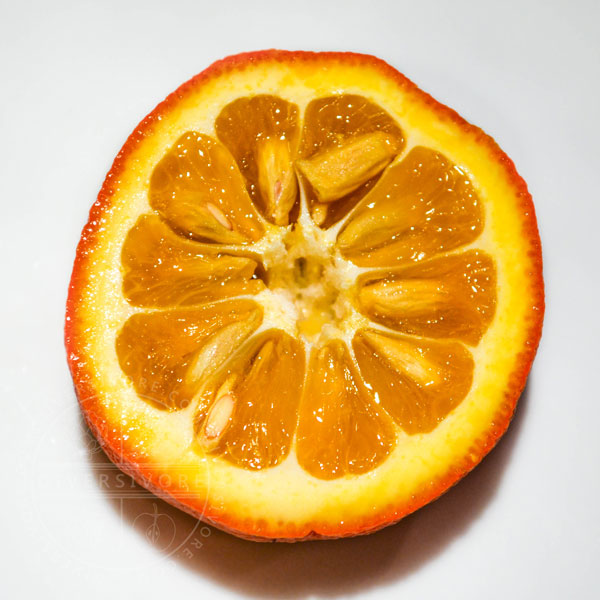
Share this Guide
The Basics
What Is It?
The bitter/sour fruit of a specific citrus variety (family Rutaceae), related to but entirely distinct from the more common sweet orange.
Seasonality
WINTER (Can be frozen and used year-round)
Flavour Profile
Sour/bitter, acidic (juice), highly fragrant, intensely orangey
Other Names
Bitter, sour, bigarade, and/or marmalade orange.
Seville Orange FAQs
Are Seville/Sour Oranges Edible?
You've probably figured this out already, since this is a food website, but yes - absolutely. They're not very tasty eaten out-of-hand, but they're wonderful to cook with, and feature prominently in a number of cuisines from around the world.
Are Seville Oranges Sweet?
Heck no. While they do have some sugar content, they're naturally quite sour and somewhat bitter.
Why Use Seville Oranges?
Quite simply, Seville oranges have an intense, highly aromatic orange flavour that can't be replicated by sweet oranges. I like to say that they're the 'orangiest' orange. In addition, the sour/bitter character of the juice is excellent in marinades and sauces.
Are Seville Oranges the Same as Blood Oranges?
No. Blood oranges are a variety of sweet orange with high levels of red anthocyanins in their flesh and peel. Seville oranges are much older, and lack the characteristic colour and sweetness of blood oranges.
How-To
Find
Well-stocked green grocers and specialty grocery stores will often carry Seville oranges in season. Depending on where you live, you may be able to buy direct from a grower.
Choose
Bright orange, relatively firm oranges with a fragrant peel. Some softness and surface scarring is normal.
Prep
Difficulty: Low - Easy to peel and juice. The numerous seeds need to be strained out if using the juice. The peel and zest are easy to work with.
Use
Generally cooked, though technically edible raw. The peel or zest is popular in preserves (e.g. marmalade). The juice is used in sauces, marinades, and desserts.
Store
Ripen: Room Temperature
Short Term: Refrigerate
Long Term: Freeze whole
Culinary Info
Flavour Profile
Sour/Bitter (NOT Sweet); Highly aromatic with a powerful 'orange' scent and flavour (especially in the zest).
Substitutions
A mix of sweet orange and lemon juice in sweet dishes, or a 1:1:1 of grapefruit, orange, and lime juice in savoury dishes (see Substitution Note below).
Cuisines
Important in European preserves (e.g. marmalade) and desserts, Cuban and Mexican savory cooking, and some East Asian sauces and recipes.
Flavour Pairings
Savory: Pork, duck, rich & intense meats; cilantro, onion, garlic, oregano
Sweet: Chocolate, lemon, whiskyVarieties
Chinnotto, Daidai, Florida/Cuban Sour Orange, Bergamot (Bergamot is highly distinctive and not interchangeable with standard bitter oranges)
More Info
Nutrition
Very high in Vitamin C.Nutrition FactsSeville Orange - 100 g (3.5 oz)Amount Per ServingCalories 47% Daily Value*Carbohydrates 12g4%Fiber 2g8%Sugar 9g10%Protein 1g2%Vitamin A 250IU5%Vitamin C 77.6mg94%Calcium 50mg5%* Percent Daily Values are based on a 2000 calorie diet.Top-To-Tail
The fruit is entirely edible or usable, including the skin (zest and pith), flesh/juice, and seeds.
GMO Status
Non-GMO
Health & Science
- Seville oranges are used to manufacture a weight-loss supplement known or suspected to cause serious side effects.
- As with grapefruit (and many other citrus), Seville oranges may interact with certain classes of drugs.Organic vs. Conventional
Both organic and conventionally grown Seville oranges are available, though availability may be limited.
Seville Orange Recipes
Share this Guide




